The Most Common Retractable Roof Configurations
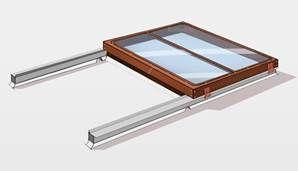 | Single-section retracting roof The unit moves as a single section, fully retracting onto adjacent roof space. |
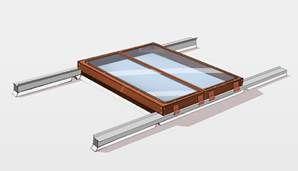 | Bi-parting retracting roof Half of the unit moves in one direction and the other half in the opposite direction. This design may be chosen out of preference or necessity due to limited adjacent roof space. |
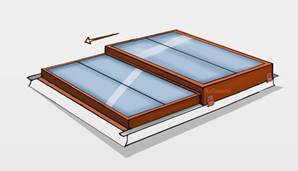 | Retracting-over-stationary roof A single retracting section travels over the top of an adjacent fixed section. This configuration maximizes interior light in situations where adjacent roof space is limited. |
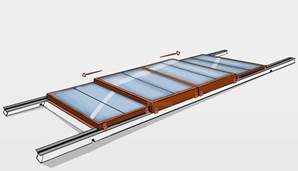 | Telescoping retracting roof Sections of panels travel over the top of one another to then fully retract in a “stack.” This design may be selected for its sophistication or to address limited adjacent roof space. This example happens to also be bi-parting. |
The configurations described above can also be designed with different shapes, such as gabled and barrel vault. Common examples are illustrated below, but there is no end to the ways a roof can be uniquely tailored to the structure and goals.
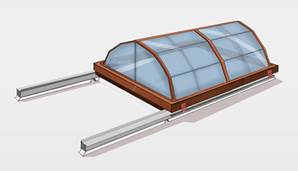 | Barrel Vault Can be segmented, like in this example, or simply curved. Biparting, telescoping, retracting over stationary… many options are possible. |
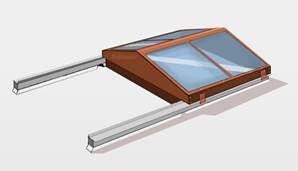 | Gabled The ridge can run perpendicular or parallel to the travel direction, ends can be flush or glass. Hip-ridge options also available. |
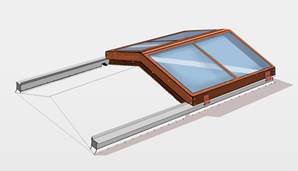 | Saddle-ridge roof Typically a gabled roof design that fits and retracts over the top of a gabled roof. |
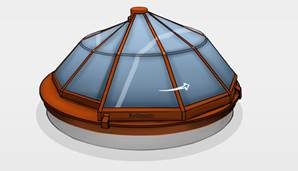 | Rotating dome roof The retracting half rotates over the top of the fixed half. Profile can be segmented or curved. Great for observatories and curved stairways for accessing a rooftop deck. |
Are you interested in exploring which retractable roof configuration approach is right for your project?
Start by scheduling a no-obligation consultation with us today!
